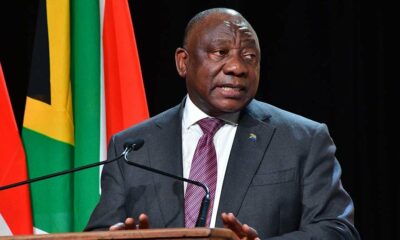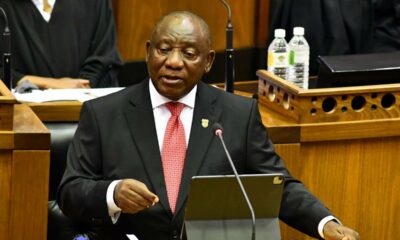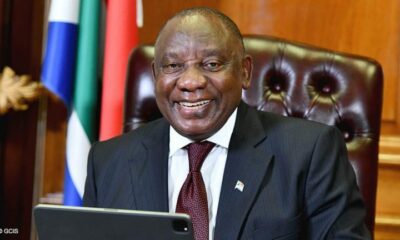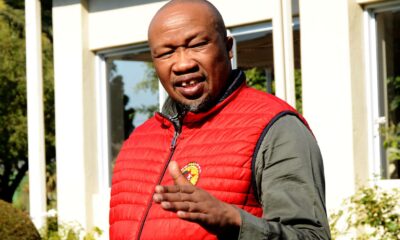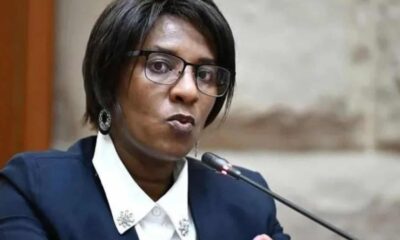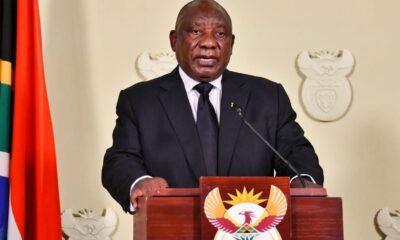News
Ramaphosa Orders Review of R700m Dialogue Budget, Defends Starlink Investment Talks
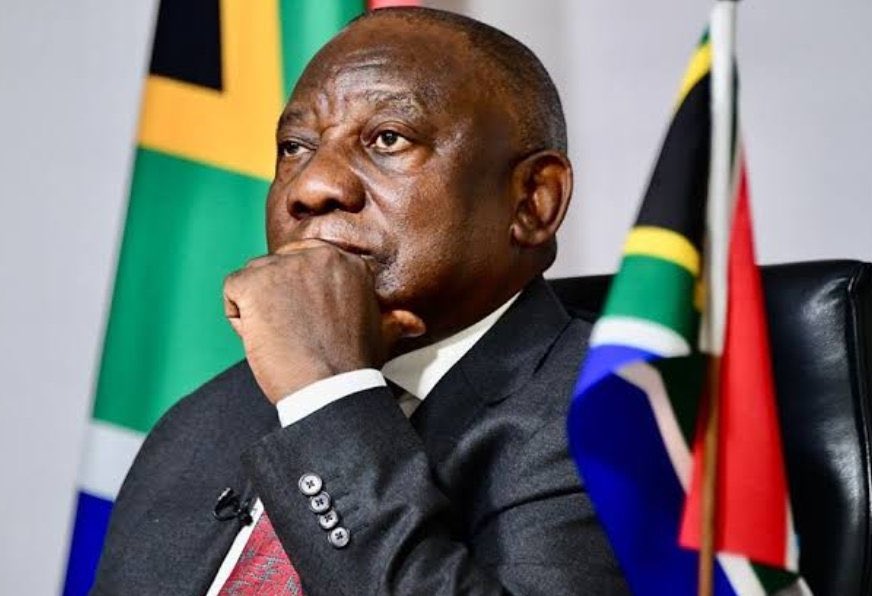
South Africans question massive costs and BEE policy shifts as the President walks a tightrope between reform and regulation
In a week dominated by political scrutiny and public backlash, President Cyril Ramaphosa has ordered the Cabinet to re-evaluate the eyebrow-raising R700 million price tag attached to South Africa’s upcoming National Dialogue. The directive came during a Q&A session in the National Council of Provinces on Wednesday, where Ramaphosa also found himself defending the government’s approach to foreign tech investment, most notably, around Elon Musk’s Starlink.
Cost of Talking: Dialogue Budget Under Fire
Ramaphosa acknowledged growing public concern around the dialogue’s cost, admitting that the figure is “just an estimate” and “must be driven down.”
“We must get to the bare bones,” he said. “But still have a rich, inclusive process.”
The National Dialogue, meant to help South Africans collectively tackle the country’s social and economic challenges, was initially welcomed as a bold step toward unity. But R700 million for what is essentially a series of public consultations has struck many as out of touch, especially during a time of rising food prices, water crises, and high unemployment.
Online backlash has been swift.
On X, one user posted:
“R700 million to talk? We don’t need more dialogue, we need action.”
Another quipped:
“Why talk when potholes still swallow my car?”
For a government often accused of overspending, this budget has become symbolic of a broader frustration: how public money is used and who benefits.
The Starlink Storm: Is BEE Being Bypassed?
The President also waded into choppy waters over broad-based black economic empowerment (B-BBEE) laws and how they relate to foreign investors like Starlink, Elon Musk’s satellite internet provider.
Questions were raised, particularly by EFF MP Meisie Kennedy, about whether recent moves to relax BEE regulations in the ICT sector were a backdoor for companies like Starlink to bypass ownership requirements.
Kennedy accused the government of “legally funnelling billions to connected elites” under the guise of empowerment, and warned that regulatory leniency could open the floodgates for exploitation by foreign corporations.
Ramaphosa, however, dismissed those fears.
“What Minister Solly Malatsi has announced is not illegal. It’s not aimed at any specific company,” he said.
“We will always act in line with our Constitution. We are a country governed by the rule of law.”
Still, Ramaphosa confirmed that public hearings will be held on the proposed ICT regulatory reforms, offering South Africans a chance to weigh in on whether equity ownership rules should be adjusted to encourage investment.
Equity Equivalent Explained
Pressed by DA MP Nicolaas Pienaar on whether companies like Starlink would be forced to give up 30% of their local operations, Ramaphosa introduced what he called an “equity equivalent” approach.
“We are not the only country that insists on local ownership,” he said.
“But we may be the only outlier that offers equity equivalents instead.”
This policy allows foreign firms that can’t meet the standard BEE ownership rules to invest in development programmes or other approved economic contributions instead. Ramaphosa argued it’s a pragmatic solution that balances transformation with attracting high-value investment, especially in industries like telecommunications.
Balancing Progress and Policy
The twin issues of the National Dialogue budget and Starlink’s potential entry into South Africa both speak to a bigger tension in government: how to drive meaningful reform without sacrificing oversight, and how to invite foreign investment without eroding empowerment principles.
Critics say the state is either too rigid or too lenient, depending on the day. And for many everyday South Africans, the big concern isn’t Starlink or consultation, it’s whether electricity, jobs, and services are going to show up in their communities anytime soon.
While Ramaphosa’s remarks were an attempt to reassure Parliament and the public, the spotlight on the R700 million National Dialogue has only intensified. And as Starlink remains a symbol of South Africa’s complicated relationship with global tech players, public trust will depend on more than hearings and estimates.
In a country facing multiple crises, the real test is whether these dialogues and policy shifts actually deliver something tangible, not just talk.
{Source: IOL}
Follow Joburg ETC on Facebook, Twitter , TikTok and Instagram
For more News in Johannesburg, visit joburgetc.com

